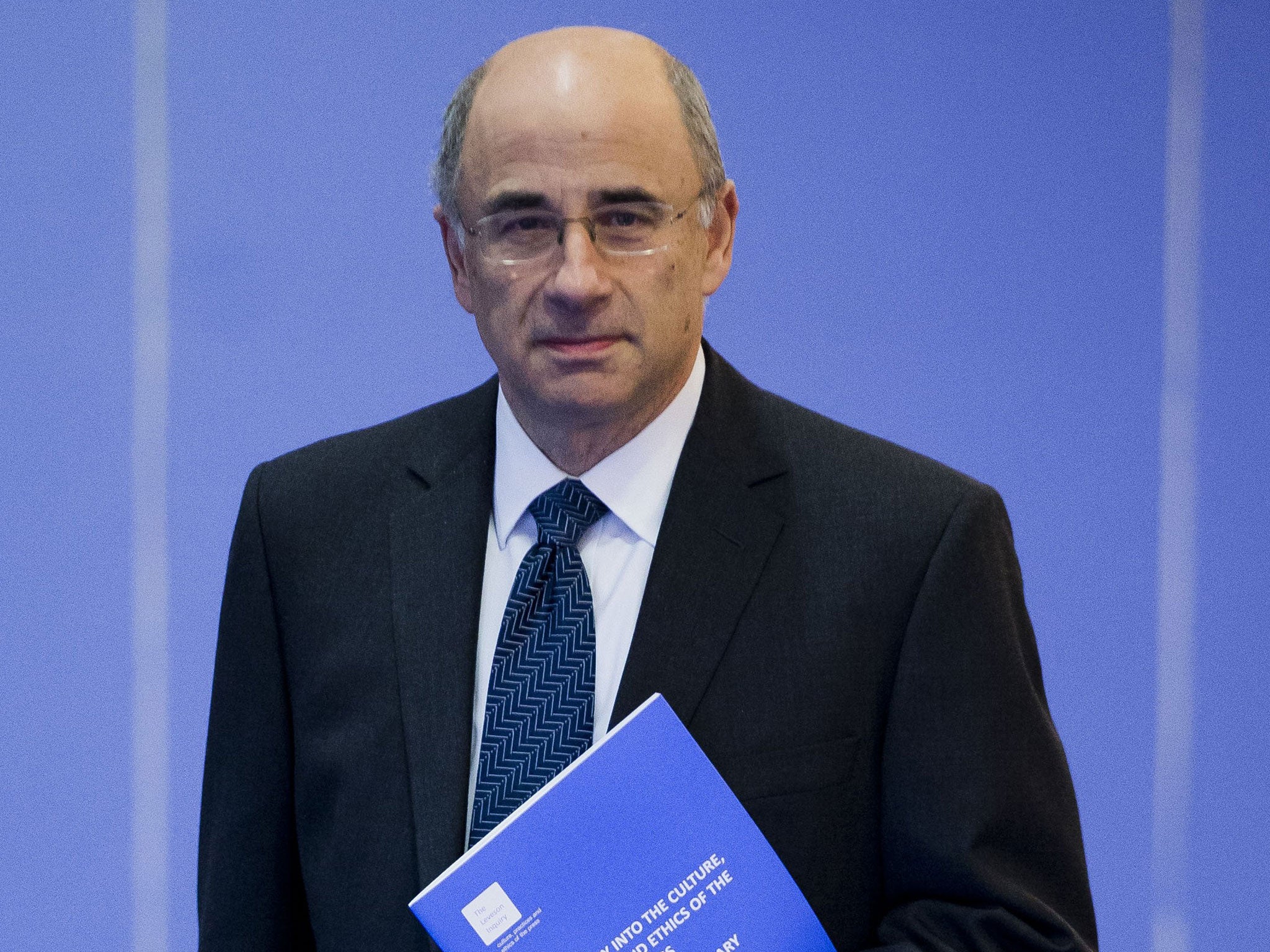Number of complaints to doomed PCC boom in wake of Leveson

The Press Complaints Commission might be doomed but it is dealing with a rise in complaints amid the furious political negotiations over the future regulation of newspapers in the wake of the Leveson inquiry.
Complaints to the PCC rose to around 12,000 last year as Lord Justice Leveson completed his inquiry and published his report, a sharp rise of more than 63 per cent on 2011, the year when the hacking of Milly Dowler’s phone created uproar over tabloid behaviour.
In the first two months of this year, there have been 1,131 complaints to the PCC, an increase of 3 per cent on the same period last year and up 12 per cent on 2011. The former Prime Minister Gordon Brown, the television presenter Vernon Kay, the Shadow Culture Secretary Tessa Jowell and Lord Bell, the PR man, have been among those who have had complaints adjudicated in the past 12 months.
The increase in complaints comes in spite of the acceptance – both inside and outside the newspaper industry – that the PCC cannot continue in its current form. Parliament has approved a Royal Charter for a new regulator with tougher powers and a majority of newspaper publishers are backing an alternative charter which also calls for a stronger regulation body but one with greater independence of politicians.
Lord Hunt, the chair of the PCC, said that although he fully accepted there was a need for “radical changes” to the regulatory system, the statistics showed that many people still regard the commission’s complaints procedure as a viable remedy. “We should not lose sight of the invaluable work performed by the staff of the PCC and the existing complaints-handling and pre-publication functions, which operate very effectively indeed as a free public service,” he said. “Complaints numbers over the past year show that the public continue to use both the complaints and pre-publication services of the PCC in large numbers.” Some 76 per cent of complainants to the PCC say they are happy with the outcome.
Last year’s statistics were swollen by around 4,000 complaints over the publication by The Sun of naked photographs of Prince Harry on holiday in Las Vegas. Another Sun article, on the appointment of England football manager Roy Hodgson, prompted around 2,000 complaints after it appeared to mock Hodgson’s speech impediment with the headline “Bwing on the Euwos”. Neither case led to a PCC adjudication because neither the Royal Family nor Hodgson made a complaint to the commission.
Such examples of multiple complaints suggested that the PCC remains a favourite mechanism for Internet-based campaigns against perceived tabloid excesses, although neither case was on the scale of the 25,000 complaints made over a Daily Mail article on the death of singer Stephen Gately in 2009.
Although most coverage of the PCC concerns its adjudications relating to famous people, about 95% of those brining complaints to the commission have no claim to celebrity.
Mr Brown complained to the PCC after a column by Trevor Kavanagh in The Sun had carried the claim that the former Prime Minister had accused the paper of “blagging” his son’s medical records. After the intervention of the PCC, The Sun published an apology saying “we were wrong to use this erroneous allegation”.
Vernon Kay had a complaint upheld against Reveal magazine after an article based on the word of an anonymous “close friend” claimed he was “walking on eggshells” in his marriage to TV presenter Tess Daly after his admission to sending flirtatious text messages and that the couple were “living increasingly separate lives”. Lord Bell brought a complaint against the Independent, arguing that the use of subterfuge in exposing his company’s working practices had not been justified. The PCC rejected the complaint.
Subscribe to Independent Premium to bookmark this article
Want to bookmark your favourite articles and stories to read or reference later? Start your Independent Premium subscription today.

Join our commenting forum
Join thought-provoking conversations, follow other Independent readers and see their replies